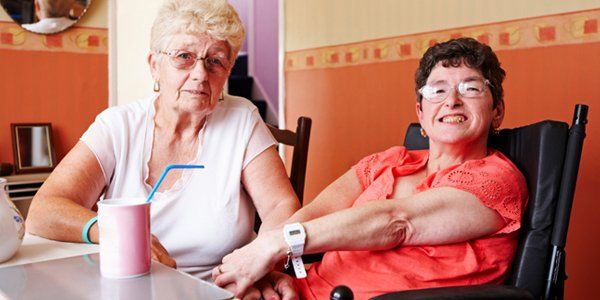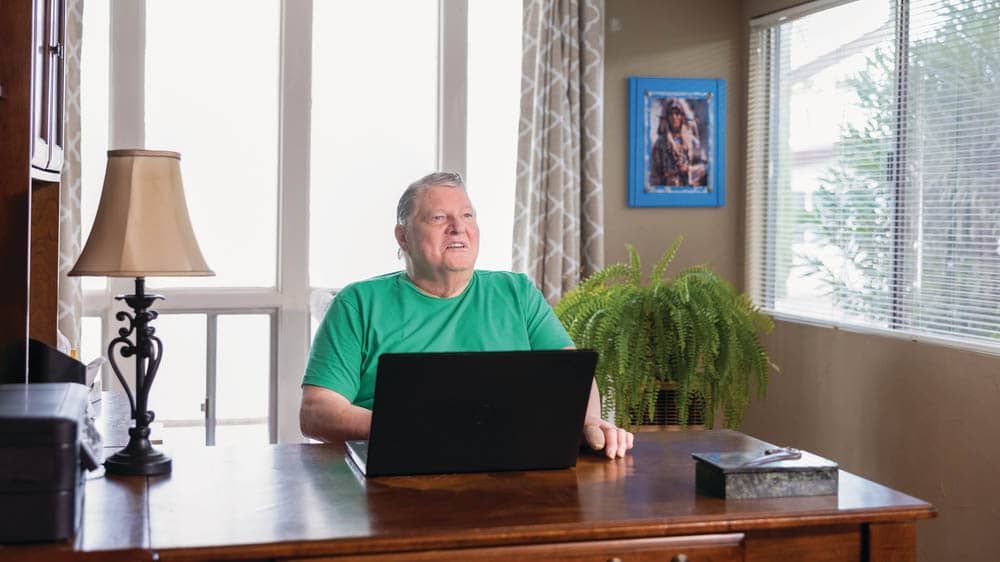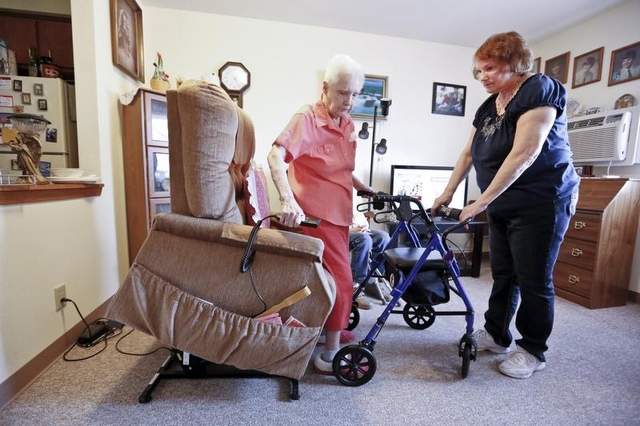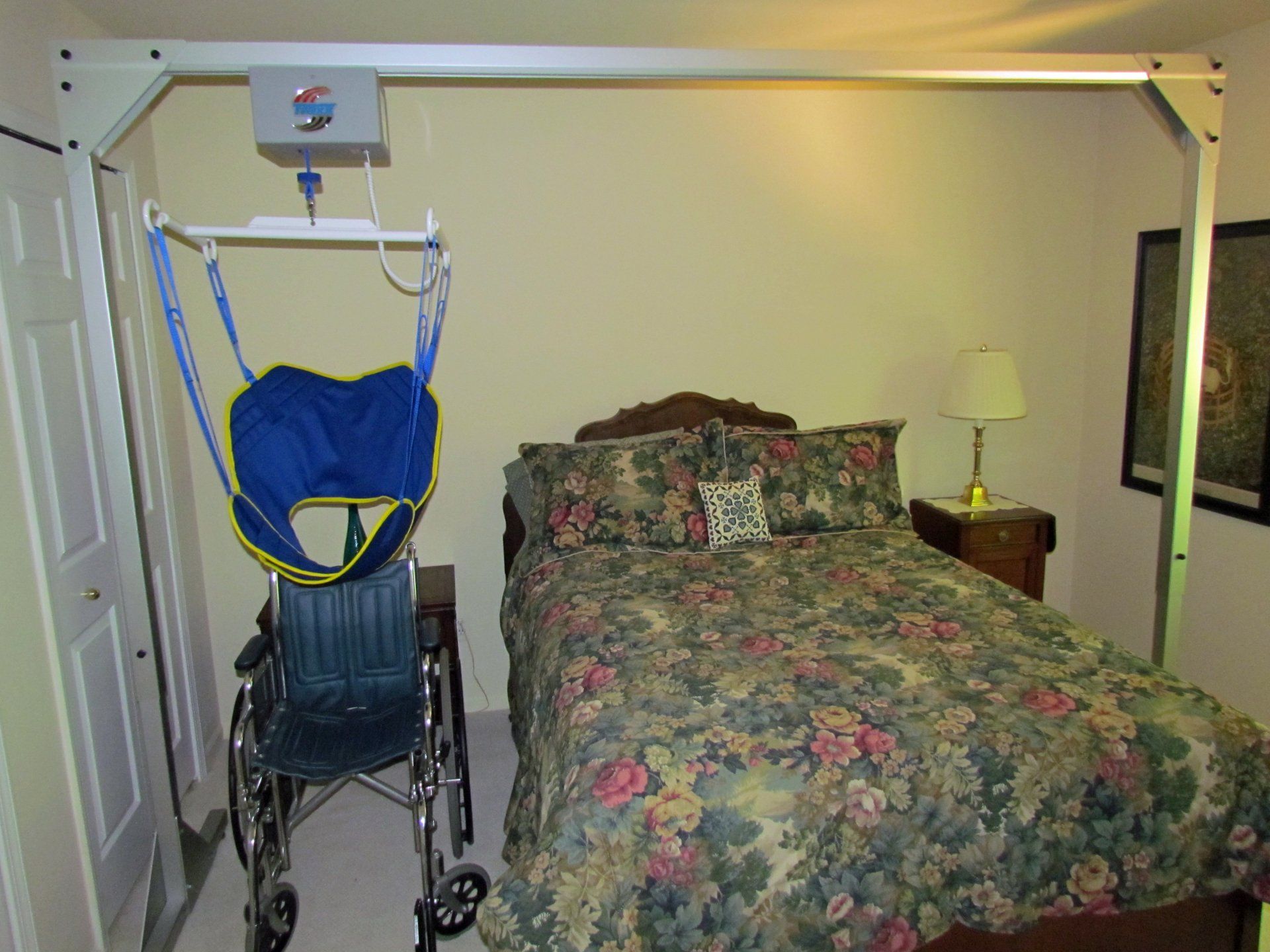Reimbursing Family Caregivers
Credit for Caring Act of 2021, HR 3321/S 1670

by Kristin Easterling
This article originally appeared in Home Care Magazine
Family caregivers are a crucial and often overlooked component when it comes to providing care in the home. The work they do helps keep their loved ones out of the hospital and other institutional settings.
But family caregivers often forego the opportunity to fully participate in the workforce, resulting in decreased income, retirement savings and career opportunities. Family caregivers also frequently spend their own money to ensure that their loved ones receive care. Each year, family caregivers spend an average of $7,242 of their own money to pay for expenses related to caregiving. All of this adds up to approximately $470 billion in unpaid care each year, according to data from the National Association for Home Care & Hospice.
The Credit for Caring Act would help offset these expenses by providing a tax credit of 30% of qualified expenses over $2,000 and up to $5,000. Qualified expenses include respite care, home modifications and hiring homecare aides and other caregiving professionals to provide care and services, as well as needed home medical equipment.
The text of the bill defines an "eligible caregiver" as someone who incurs qualified expenses while caring for a loved one and who has an earned income in excess of $7,500 for the taxable year. Parents of young children with long-term care needs are also eligible for the tax credit after taking other tax benefits and credits into account, including the child tax credit. Individuals earning more that $75,000 per year or couples filing jointly and earning more that $150,000 per year are eligible for the tax credit but may see a reduction of $100 for each $1,000 over these thresholds.
Companion bills were introduced in the House and Senate in May 2021. The House bill currently has 66 cosponsors, and the Senate version has 20 cosponsors. It is currently in committee.











